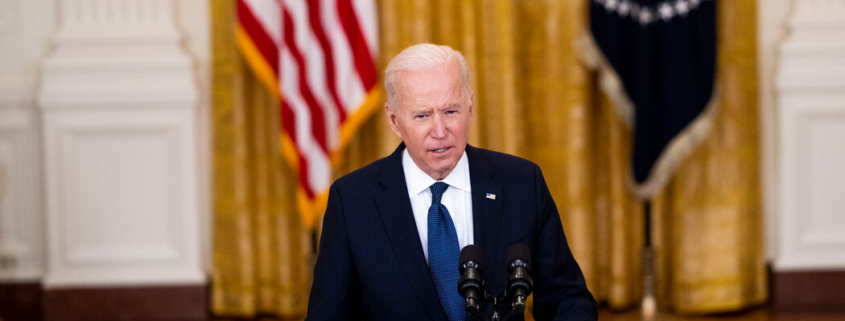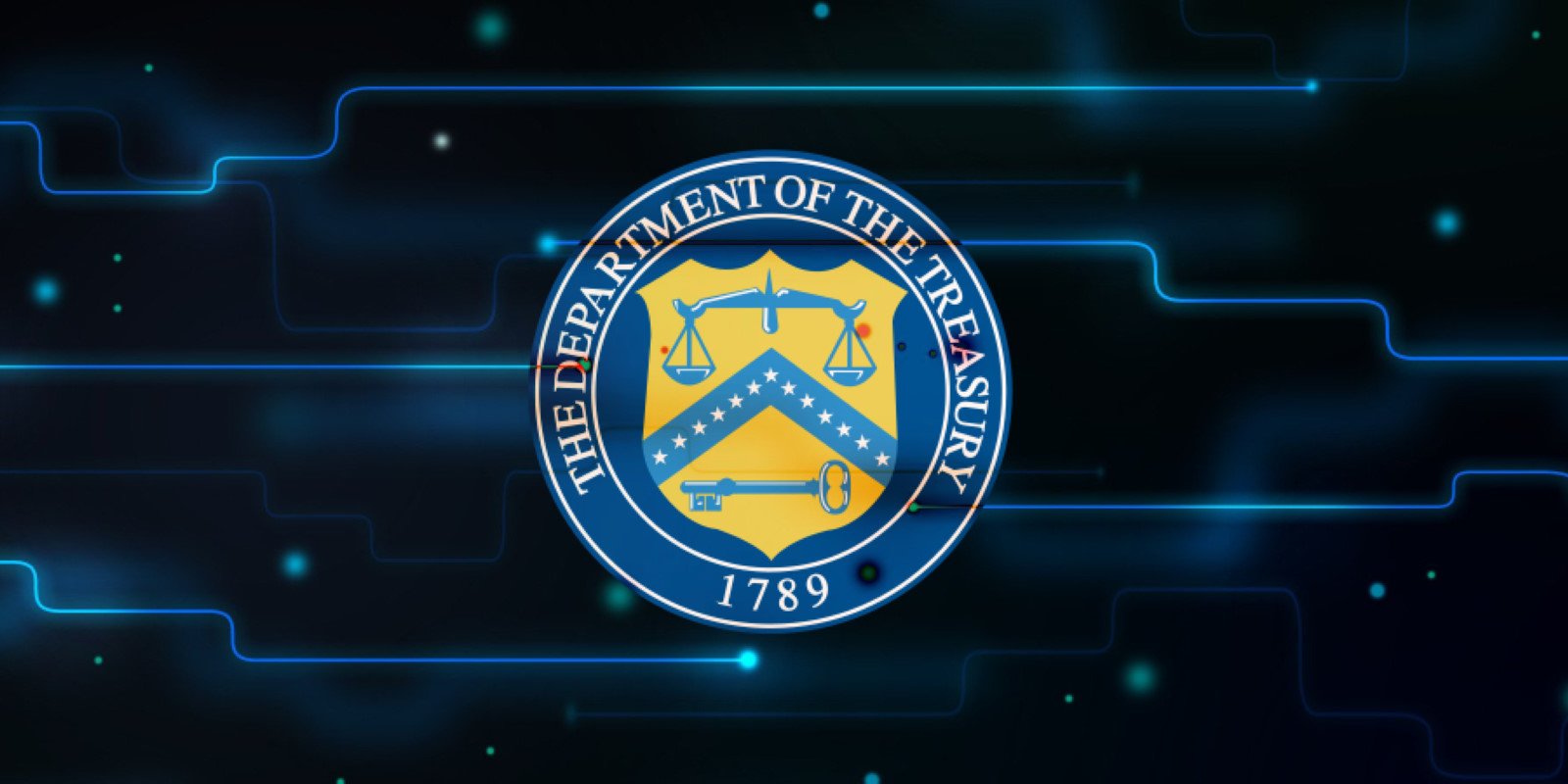Colonial Pipeline hopes most service will be back by weekend after DarkSide ransomware hack
U.S. officials sought to soothe concerns about price spikes or damage to the economy by stressing that the fuel supply had so far not experienced widespread disruptions, and the company said Monday that it was working toward “substantially restoring operational service” by the weekend.
The White House said in a statement late Monday that it was monitoring supply shortages in parts of the Southeast and that President Joe Biden had directed federal agencies to bring their resources to bear.
Colonial Pipeline, which delivers about 45% of the fuel consumed on the East Coast, halted operations last week after revealing a ransomware attack that it said had affected some of its systems.
Nonetheless, the attack underscored the vulnerabilities of the nation’s energy sector and other critical industries whose infrastructure is largely privately owned. Ransomware attacks are typically carried out by criminal hackers who scramble data, paralyzing victim networks, and demand large payments to decrypt it.
The Colonial attack was a potent reminder of the real-world implications of the burgeoning threat. Even as the Biden administration works to confront organized hacking campaigns sponsored by foreign governments, it must still contend with difficult-to-prevent attacks from cybercriminals.
“We need to invest to safeguard our critical infrastructure,” Biden said Monday. Energy Secretary Jennifer Granholm said the attack “tells you how utterly vulnerable we are” to cyberattacks on U.S. infrastructure.
The attack came as the administration, still grappling with its response to massive breaches by Russia of federal agencies and private corporations, works on an executive order aimed at bolstering cybersecurity defenses. The Justice Department, meanwhile, has formed a ransomware task force designed for situations just like Colonial Pipeline, and the Energy Department on April 20 announced a 100-day initiative focused on protecting energy infrastructure from cyber…



